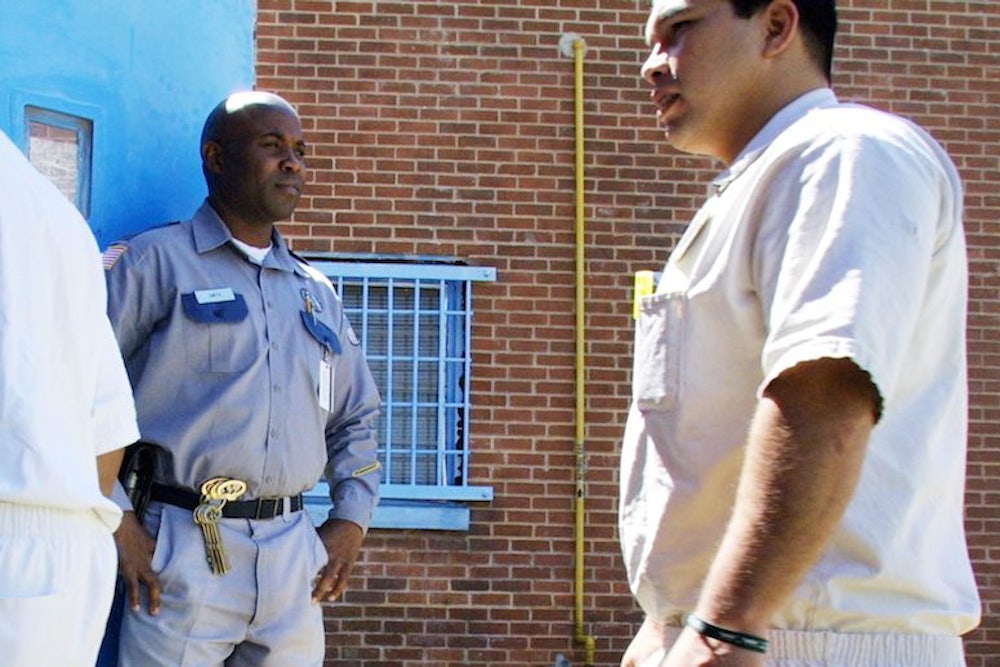We’ve read a lot the past few years about how disproportionately African-Americans have been hit by the recession and weak recovery – the unemployment rate for blacks is still around 13 percent, far above the national average. Well, today comes a disclosure affirming what some have been arguing for some time is a big driver of blacks’ employment woes: the growing use of criminal background checks by employers to screen job applicants. The Equal Employment Opportunity Commission is filing suit against BMW and Dollar General over their widespread use of criminal background checks, which the commission charges is having a racially discriminatory impact on hiring. As the law stands, employers are allowed to use background checks but only if they are not used in a blanket fashion to bar all applicants with rap sheets, but rather in ways that take into account the type of offense and its relation to the job being applied for. Based on the charges, BMW and Dollar General were taking a blanket approach, with predictably stark racial consequences: When BMW required that employees at its Spartanburg, South Carolina plant re-apply, 80 percent of the 88 who were terminated for having criminal records were black, compared with a rate of only 55 percent African-Americans in the 645-worker factory.
The EEOC action might seem to conservative eyes like just another example of the Obama administration bringing a heavy hand down on the private sector. But I wonder if this is an area where there might be room for some surprisingly bipartisan remedies. Why? Because one of the few areas of growing consensus between liberals and conservatives is in the closely related area of prison reform. As the Washington Monthly noted in a fine piece a few months ago, and as the arch-conservative standard-bearer Richard Viguerie affirmed in a New York Times op-ed a few days ago, many on the right are taking up prison reform as a new cause celebre. For some, it’s a fiscal issue: Locking people up for years costs too much. For others, it’s a religious one: A belief in personal redemption is hard for some to square with putting someone behind bars for a decade. For still others, it’s a family-values issue: Long prison sentences have played a big role in family breakdown. Regardless, it’s a huge shift for a conservative movement that rose to power in the 1980s and '90s in large part through its tough-on-crime rhetoric. “The current system often turns out prisoners who are more harmful to society than when they went in, so prison and re-entry reform are issues of public safety as well,” Viguerie wrote. “Politically speaking, conservatives will have more credibility than liberals in addressing prison reform.”
If conservatives are serious about prison reform–and the actual progress being made in states such as Texas suggests they are–then it’s not a stretch to see how they could also get behind efforts to rein in criminal background checks in hiring. Again, there are both fiscal and philosophical arguments for doing so. Ex-prisoners who find jobs are far more likely not to commit additional crimes and wind up back behind bars on the taxpayer dime. And a belief in personal redemption would seem to be in conflict with policies that, without any room for assessing individual character and circumstance, hold actions from years past against people who are trying to find a livelihood on the straight and narrow.
Seven states have in recent years passed laws restricting the use of criminal background checks by employers. What say you, conservative reformers: Could we get a few more on that list?
Alec MacGillis is a New Republic senior editor. Follow him @AlecMacGillis
